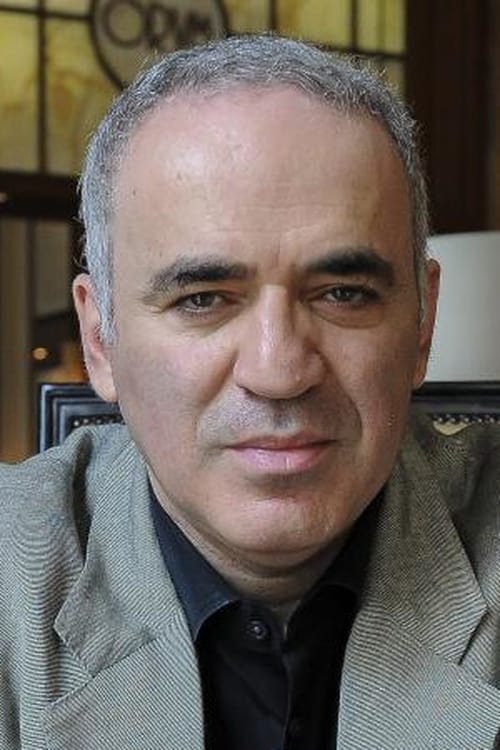Garry Kimovich Kasparov is a Russian chess grandmaster, former World Chess Champion, writer, and political activist. From 1984 until his retirement in 2005, Kasparov was ranked world No. 1 for 255 months overall for his career.
Organised, relentless, productive with high willpower, determination and an intense need to be constantly ‘on the go,’ the ENTJ personality type will not sit back and see what life brings but will proactively go make it happen. Rarely intimidated and with a restless desire to achieve and with no problems going against the grain or being very direct with people. This is of course not intentional, but they can display a lack of patience with those who don’t grasp things as quickly as they do, or who appear to be blocking the plan, and can be seen at times as intimidating overbearing and a bit of a ‘know-it-all.’
The ENTJ is the natural leader - just ask them! They are confident, authoritative and will take the lead in situations, especially one which calls for organisation and marshalling the troops. They don’t hesitate, and their directness can often leave others reeling in their wake as the ENTJ will have little time for anything they see as woolly or obtrusive. As their least developed function is ‘F’ they may not truly comprehend the impact their behaviour has on others, often coming across as overly task driven, insensitive and impatient, and a bit bossy. (The ENTJ would take these as compliments!) Their desire to get the job done, moving from A-Z in the shortest possible time-frame, and using the quickest possible route may mean that the ENTJ may neglect the niceties of thanking people and showing them that they are in fact appreciated, again not intentionally, it is just another part of the ENTJ focus and robustness. The masters of change, ENTJs see what needs to be done and have the confidence and capability to get on and do it, often taking harsh or courageous decisions even against the grain; the ENTJ has no problems bucking authority, indeed they’d secretly (or perhaps not so secretly), relish it! Rarely intimidated or feeling out of their depth, the ENTJ is always looking at ways of doing it better and in so doing increasing their own store of knowledge and experience.
Always on the go, ENTJs have a restless and unquenchable desire to fill the unforgiving minute. This particular trait means that the ENTJ is often difficult to push off-course once they are running towards the goal. Any deviation would have to be eloquently and robustly argued and even then, may not be enough to turn the juggernaut around so determined are they to get there. If you want to find the ENTJ then go where the action is, and you’ll probably find they’re leading it! Others may disagree with that direction, but no-one will be in any doubt where the future lies. This can, at times, make the ENTJ appear confrontational and overly dominant. However, enjoying intellectual debate, the best way to resolve this would be to challenge back. Being an ‘N’ and a ‘J,’ the ENTJ is the action-oriented, conceptualist, almost a contradiction in terms. They love theories and ideas, abstracts and concepts, but then want to move quickly to implement. They clearly articulate the vision of the future but have the 'J' quality to relentlessly make sure it gets done. This can be a handicap as the ENTJ may not take time to understand the smaller issues, the nuances, as they want to get on with it.
Suggesting that, 'this is the way it's always been done,' will not push an ENTJ's buttons. Indeed, it would be seen as a challenge and provoke an energetic robust response. ENTJs love the new, the untried, the unexplored, as they are essentially future-oriented. ENTJs are decisive - boy are they decisive! They are tough-minded and resolute in their beliefs (because their beliefs are ‘of course’ based on what ‘obviously’ needs to be done) I asked an ENTJ at a job interview if he upsets folk. ‘Of course I do, you have to if you want to get things done!’ No equivocating there then!
Choose another celebrity type to compare side by side the different approaches work, attitudes to conflict and the way they engage with others.
